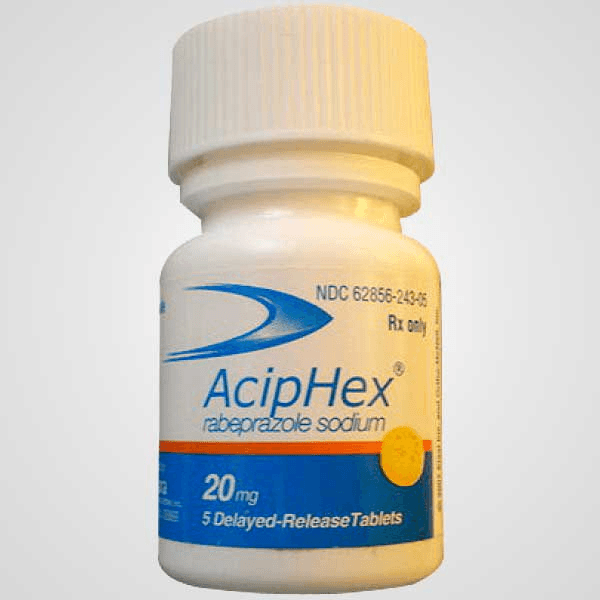
Related products
Generic Name: Rabeprazole
Brand Names: Aciphex, Pariet
AcipHex is a proton pump inhibitor that lowers the production of stomach acid. It is applied to the treatment of ulcers, gastroesophageal reflux disease (GERD), and other conditions brought on by too much stomach acid. There are additional uses for AcipHex not covered in this medication guide.
Aciphex is a proton pump inhibitor that reduces the amount of stomach acid produced. This can aid in easing the signs and symptoms of GERD and other conditions brought on by too much stomach acid. Other uses for AcipHex that aren't covered in this medication guide are possible. Aciphex must be taken exactly as directed by your physician. Never take it in amounts larger or smaller than advised or for a longer period of time. Observe the instructions on the prescription drug label.
With a full glass of water, take each dose. You can take Aciphex with or without food. If you have trouble swallowing the tablet whole, contact your doctor. Inform your doctor if you have ever had kidney disease, liver disease, low blood magnesium levels, or any of the following to ensure that Aciphex is safe for you. FDA category B for pregnancy. It is unlikely that aciphex will harm an unborn child. If you intend to become pregnant while taking Aciphex, let your doctor know. It is unknown if rabeprazole enters breast milk or if it could be harmful to a nursing infant. Using this medication while nursing is not advised.
Pharmacokinetics
Following oral administration, aciphex is quickly absorbed, reaching its peak plasma concentration within 0.5 to 2 hours. In comparison to an intravenous dose, a 20 mg dose of Aciphex has a mean bioavailability of about 77%. Although the amount of absorption is unaffected by food, it adds an hour to the time it takes to reach peak concentration. More than 99% of rabeprazole is bound to plasma proteins. Insoluble in water, rabeprazole is a white to yellowish-white powder. There are 20 mg or 40 mg of rabeprazole sodium, USP, which is equal to 16.6 mg or 33.3 mg of rabeprazole, respectively, in every delayed-release tablet for oral administration.
Available in 20 mg strengths, ACIPHEX (rabeprazole sodium) delayed-release tablets are pale yellow, round, biconvex, film-coated tablets with a '20' debossed on one side and plain on the other.Off-white, pentagon-shaped, biconvex, film coated tablets with the number "40" embossed on one side and plain on the other are available in 40 mg strengths.
Side Effects
Your current medications, including over-the-counter medicines and vitamins, may interact with AcipHex. Before beginning AcipHex, be sure to inform your doctor of all the medications you are taking to avoid any potentially harmful side effects. If you take any antacids or other proton pump inhibitors, please let your doctor know. If you are also taking rilpivirine, you should avoid taking AcipHex as this may cause harmful side effects. Before beginning AcipHex treatment, be sure to discuss all the medications you are currently taking with your doctor. AcipHex might have negative effects.
If any of these symptoms—headache, diarrhea, constipation, nausea, vomiting, gas, or dry mouth—are severe or persistent, contact your doctor right away. Call your doctor right away if you experience any of the following symptoms: Rashes, hives, itching, breathing or swallowing issues, swelling of the face, throat, tongue, lips, eyes, hands, feet, ankles, or lower legs, hoarseness, or unusual bruising or bleeding are some of the symptoms that you should watch out for.
Other negative effects of AcipHex are possible. If you experience any unusual issues while taking this medication, contact your doctor right away. You or your doctor can submit a report to the Food and Drug Administration's (FDA) MedWatch Adverse Event Reporting program online at http://www.fda.gov/Safety/MedWatch if you experience a serious side effect.
Precautions
If you are allergic to rabeprazole or drugs like lansoprazole (Prevacid), omeprazole (Prilosec, Zegerid), pantoprazole (Protonix), or esomeprazole (Nexium), you shouldn't use this medication. Inform your doctor if you have ever had kidney disease, liver disease, low blood magnesium levels, or any of the following to ensure that rabeprazole is safe for you. FDA category B for pregnancy. It is unlikely that rabeprazole will harm an unborn child.
Dosage
Aciphex is available in tablet form and is usually taken once daily, with or without food. Aciphex must be taken exactly as directed by your physician. Never take it in amounts larger or smaller than advised or for a longer period of time. Observe the instructions on the prescription drug label. You can take Aciphex with or without food. If you have trouble swallowing the tablet whole, contact your doctor.
Overdose
Call your doctor or head straight to the emergency room of the closest hospital if you take too much Aciphex. Confusion, drowsiness, headache, rapid heartbeat, sweating, flushing (warmth, redness, or tingly feeling), and seizures are possible signs of an Aciphex overdose.
Missed dose
Take Aciphex as soon as you remember if you miss a dose. Skip the missed dose and resume your regular dosing schedule if your next dose is almost due. Never combine two doses at once.
Storage
Keep this medication away from heat and moisture at room temperature. When not in use, keep the bottle tightly closed.



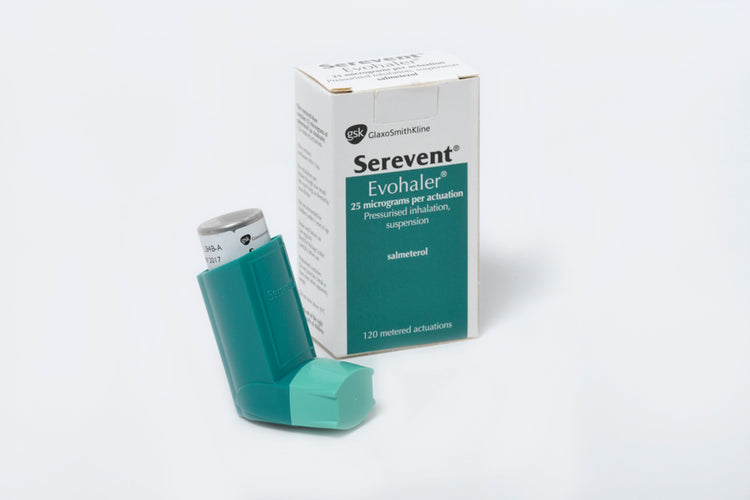


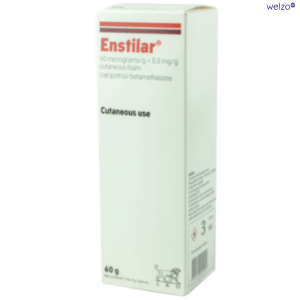
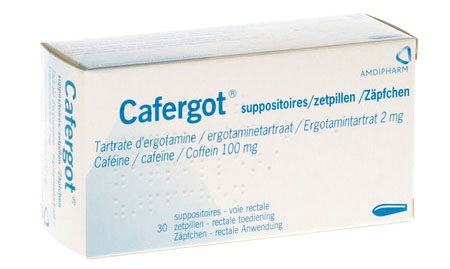
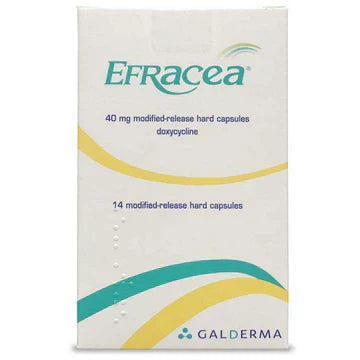
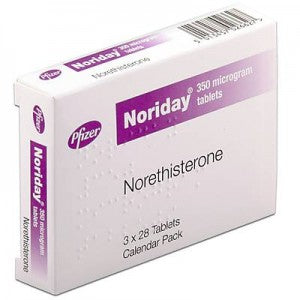
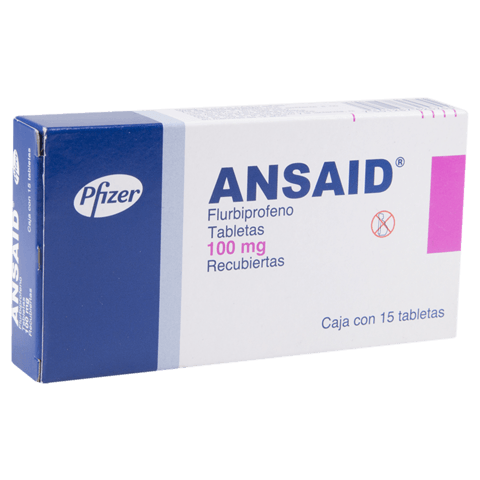
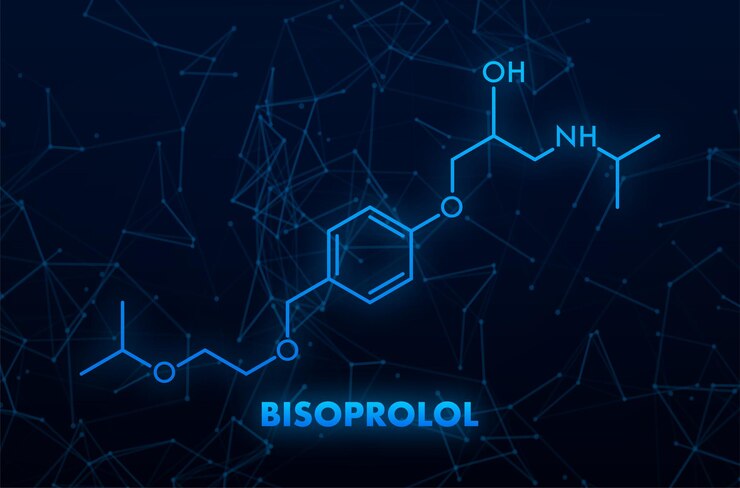
 Rated Excellent by 26,523+ Reviews
Rated Excellent by 26,523+ Reviews